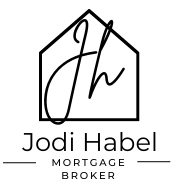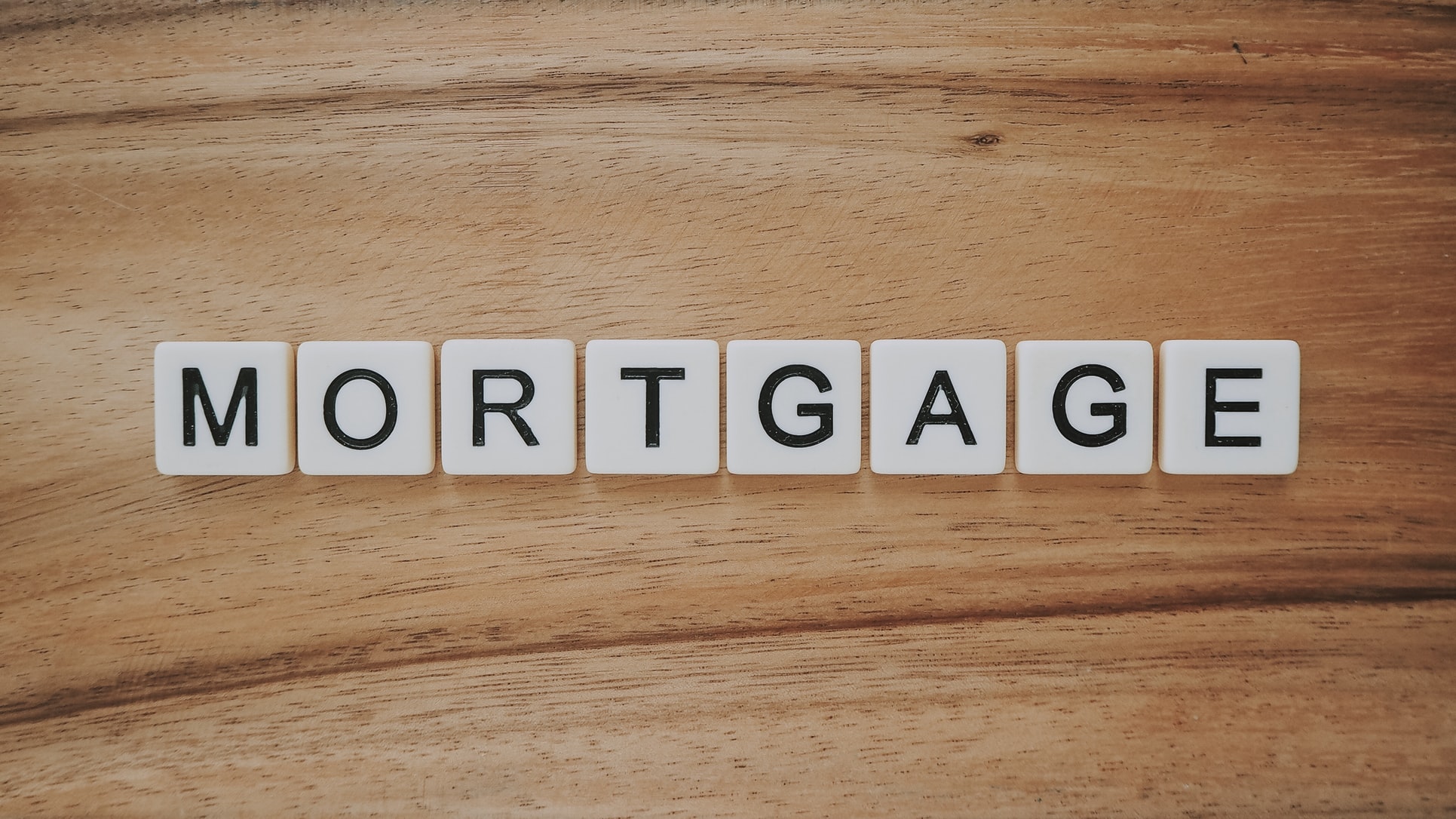Whenever you think of taking out a reverse mortgage, you wonder how you can qualify for it. Is it worth your energy, time, and money? What are the best reverse mortgage options for you? You may also think of finding some alternatives to a reverse mortgage that may be more beneficial for you. These and other questions will get answered in this blog. But, first of all, let’s dive into the basics.
What is a Reverse Mortgage For Seniors?
A reverse mortgage is a form of mortgage available to those aged 55 and up. Reverse mortgages allow homeowners to turn their home equity into cash without having to make monthly mortgage payments. As a person aged 55, if you need to replace your existing mortgage with a mortgage that doesn’t require monthly repayment or if you need to cover some medical expenditures or provide a family member with help to purchase their own home, you can consider taking a reverse mortgage.
What Are The Criteria For A Reverse Mortgage?
You may ask, what are the criteria for a reverse mortgage and do you qualify for it? Are there any reverse mortgage limits for seniors?
Here are some general requirements for receiving a reverse mortgage:
- The borrower must be the minimum of 55 years old.
- Your home is your primary residence where you live.
- You must be the owner of your home.
- You must either own your house entirely or have a significant amount of equity in it.
Through the help of a mortgage broker, you can identify the best bank for a reverse mortgage.
How Does A Reverse Mortgage Work For Seniors?
With a reverse mortgage, you borrow against the equity in your house and then get money from the lender. You’ll stay the owner of your house and utilize the money to pay the balance of your current mortgage, if you have one. You can use the remaining funds for a variety of needs, including home improvements, living expenditures, debt consolidation, or a healthcare fund.
How does a reverse mortgage work for seniors? A reverse mortgage is different from a traditional mortgage as in this case the lender pays the homeowner instead of the other way around. Homeowners who choose this type of mortgage can turn the portion of their home equity into cash without any need to sell their home or pay additional monthly costs, if they chose not to, however, the loan must be returned whenever the borrower sells the house, moves permanently to another place, or passes away.
While you live in the house, you must continue to pay all property taxes, homeowners insurance premiums, and maintain the home.
When you take out a reverse mortgage, the bank provides you a lump sum that you have to repay over time with interest. Each month, the interest and fees related to the loan are added to the balance. This means that as time passes, the amount you owe grows. You keep your home’s title throughout the process, and the balance isn’t payable until the borrower either moves out or dies. When such time comes, the money from the home’s sale is utilized to pay the debt. If there is any remaining equity, it goes to the estate. If this is not the case, or if the debt is worth more than the house, the heirs are not obligated to cover the difference. If the heirs want to maintain the property, they can either pay off the reverse mortgage or refinance it.
How Good Are Reverse Mortgages?
Now let’s understand when and why reverse mortgages are good. Sometimes, these types of loans aren’t the best mortgages for older people but that isn’t to say they aren’t a good product for every homeowner.
A reverse mortgage is an optimal choice for you:
- When the loan proceeds will be sufficient for you to solve your financial issues in the end.
- When you think of staying in your current residence for a long time.
- When you have a spouse who is at least 55 years old.
- When you have no intention of leaving your home to anyone.
Opt for a mortgage broker in Canada to determine the best reverse mortgage options for your needs if you can’t navigate through them alone.
What Is The Downside To A Reverse Mortgage?
If there are benefits, there are also disadvantages of a reverse mortgage. What is the downside to a reverse mortgage? There are particular situations when reverse mortgages aren’t the best option. Here are some of the basic reverse mortgage pitfalls:
- It’s possible that the heirs won’t be able to keep the house and/or will inherit less. There are ways that heirs can keep the house, subject to qualification;
- A reverse mortgage allows you to borrow against your home’s equity, which lowers your equity initially while increasing your debt. With home values increasing this can be minimized.
- Costs are associated with obtaining a reverse mortgage including home appraisal fees, legal fees.
- You may run out of money depending on how you spend your reverse mortgage proceeds.
These were some of the common disadvantages of a reverse mortgage that are worth taking into account.
What To Know About Reverse Mortgages
You already know the pros and cons, what else is there to know about reverse mortgages? Here are some common questions and short answers:
- Can you take out a reverse mortgage on second homes?
No, neither second homes nor vacation homes are your primary residence, thus you can’t get a reverse mortgage.
- What are the reverse mortgage payback options?
Selling your home or refinancing it into a traditional mortgage or being able to pay off the balance of the reverse mortgage in cash at some point in the future.
- What are the reverse mortgage tax consequences?
The proceeds you get from a reverse mortgage are considered proceeds instead of income, they are not taxable.
- What are the best reverse mortgage options in Canada?
Currently there are only two major reverse mortgage lenders in Canada. HomeEquity Bank, is the most well-known. Equitable Bank, which was founded in 2018, is a newer rival. The PATH reverse mortgage is one of the options it provides.
- Are there any alternatives to reverse mortgages?
Yes. I’ll go into more detail in a moment.
Always conduct research for a reverse mortgage rate comparison to find the best option for you or if you want to make the right choice that will definitely meet your needs, opt for a skillful mortgage broker, who has already done reverse mortgage comparisons and can help you find the one that matches your needs.
Alternatives to Reverse Mortgages
Let’s dive into some of the alternatives to reverse mortgages:
1. Home-Equity Loan
The first alternative to a reverse mortgage is a home-equity loan. During a home-equity loan, you offer your house to secure the loan. So, your house is used as collateral. It works in the same way as any other secured loan. Your lender will allow you to borrow a certain amount of money, considering your home value. To qualify for a home equity loan, you must possess a home that has been appraised by your lender, pay a substantial portion of your mortgage, and be financially stable enough to take on more debt.
You can borrow up to 80% of the appraised value of your home with a home equity loan, minus the amount you still owe on your original mortgage.
2. Home Equity Line of Credit (HELOC)
One of the alternatives to a reverse mortgage is a home equity line of credit (HELOC). They normally have a lower monthly payment based on interest-only and allow you to take up to 65-80% of the value of your home. HELOCs have the disadvantage of being more difficult to qualify for, especially for seniors on a fixed income. When the borrower’s spouse dies or they miss a payment, the HELOC borrowing may be frozen.
3. Refinancing Mortgage
Another alternative to a reverse mortgage is to refinance your mortgage. In this case, you create a new mortgage loan to replace your existing mortgage. In exchange, you access a specified portion of the accumulated equity. A mortgage broker can help you determine how much of a loan you qualify for. Your monthly payments will be blended principal and interest and amortized over a period of 25 to 30 years or more depending on the lender.
4. Selling Or Downsizing Your Home
This is the least common alternative to a reverse mortgage, as the majority choose to remain in their homes. However, if you’re ready and able to relocate, selling your property allows you to access the equity you’ve accumulated.
This alternative may be particularly appealing if your current home is larger than you want, too challenging or expensive to maintain, or has unreasonably high property taxes. You can use the proceeds to buy or rent a smaller, less expensive home.
Reverse Mortgage Options For Seniors
Whenever you look for the best mortgage options for older people, opt for an experienced mortgage broker to guide you in finding the right reverse mortgage options for your needs. Jodi Habel has over 15 years of experience in the mortgage industry and can help you find not only the best options for a reverse mortgage but also any other type, including personal mortgage, commercial mortgages, self-employed mortgages, etc.

